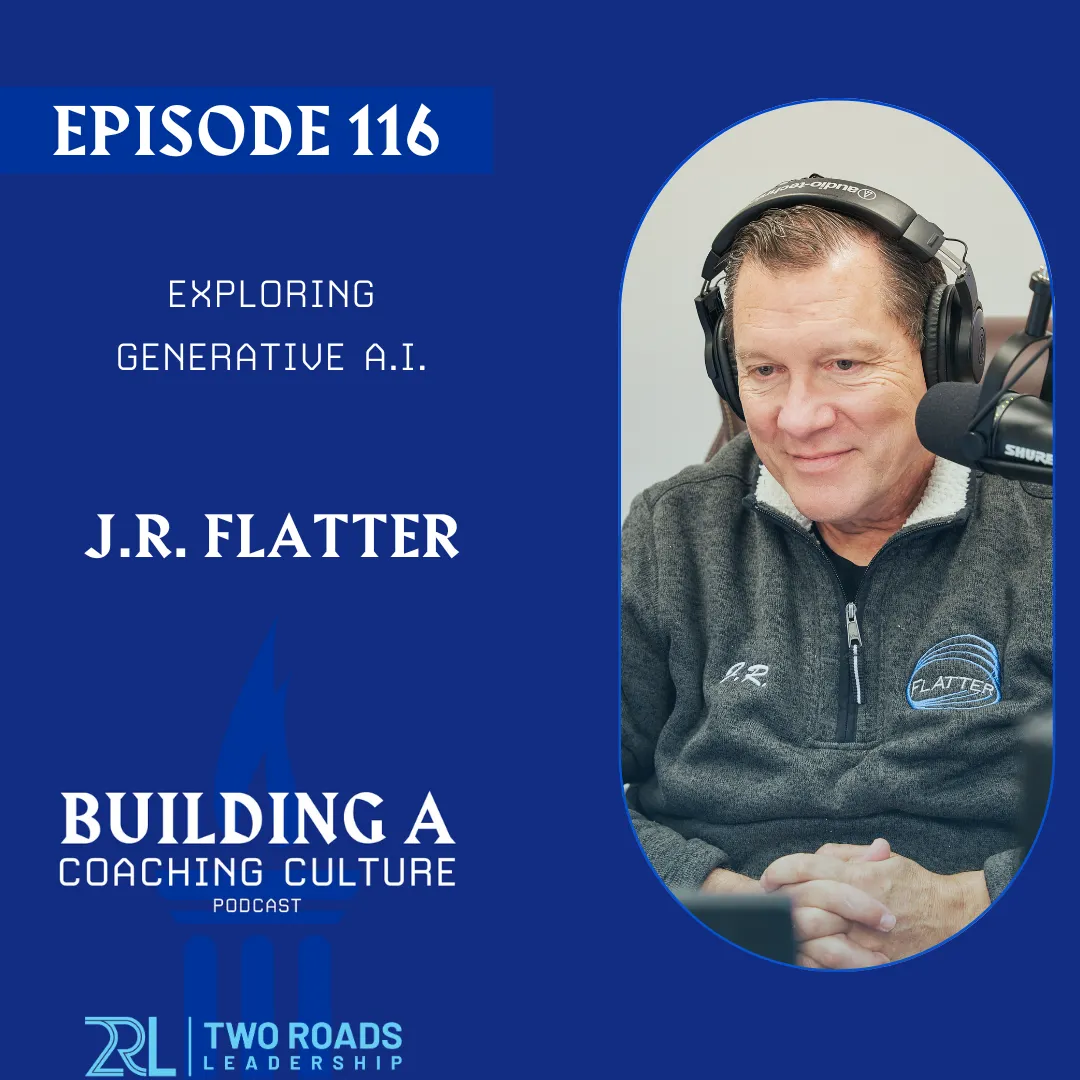How does generative AI blur the lines between human and machine creativity?
In this episode, J.R. and Lucas Flatter delves into a discussion about generative AI - what it is, how it works, its current capabilities and limitations, and the philosophical implications of advanced AI replicating human cognition, emotions, and decision-making. They analyze the potential of AI to understand and emulate human experiences, relationships, and creativity. The conversation touches on topics like the role of bias, unpredictability of AI outputs, autonomy of AI systems, and the value society places on human-created works versus AI-generated content.
Key topics covered include:
- What is Generative AI
- The Practical Applications of Generative AI
- The AI and Human Language
- What are the philosophical aspects of AI?
Building a Coaching Culture is presented by Two Roads Leadership
Produced, edited, and published by Make More Media
Episode Links
J.R. Flatter
Founder of Two Roads Leadership
Lucas Flatter
Resources
2RL 4 day Coach Certification Bootcamp
2RL ICF-Approved Coach Certifications and Trainings
Transcript
Automatic Transcription - please excuse any errors

